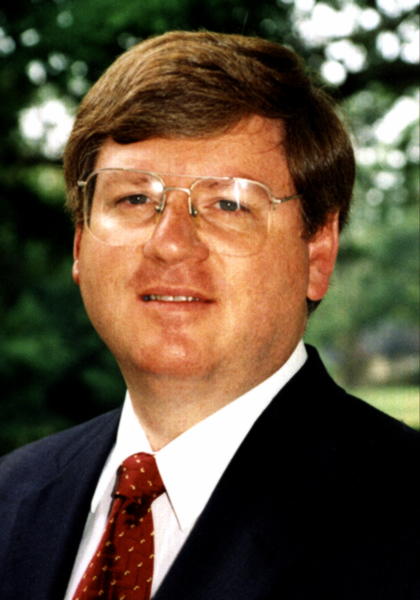

TECHRIGHTS spent a lot of time writing about Microsoft's hijack of Yahoo. Microsoft took everything it wanted from Yahoo and left a dead company to rot, as usual (that's Microsoft's modus operandi as one can see in Corel, Novell, Nokia et cetera).
"Microsoft took everything it wanted from Yahoo and left a dead company to rot, as usual (that's Microsoft's modus operandi as one can see in Corel, Novell, Nokia et cetera)."We always sensed the danger that Yahoo would give its software patents to some hostile entity or a Microsoft-made entity like CPTN. Yahoo has a lot of software patents, but they're quite worthless after Alice and some are nearing their expiry. The good news is, one single decision at the Supreme Court (SCOTUS) had supreme impact and this lowers the risk to software developers everywhere in the world (if they trade within the US or export to the US).
A lot of patent lawyers/attorneys keep pondering/assessing tricks for portraying software patents as non-abstract (even though they always are), in light of Alice whose impact was incredibly profound.
As expected all along, Bascom is exploited by software patents proponents including Watchtroll's site (patent attorney John M. Rogitz in this case). He says that the case of "DDR begins with Mayo step 1 analysis without definitively declaring whether the claims are or are not abstract. Instead, the opinion observes what the claims are not: they are not a mathematical algorithm or a fundamental economic or longstanding commercial practice, but instead address a business challenge (retaining website visitors), a challenge particular to the Internet. Instead of declaring this not to be “abstract”, however, Judge Chen simply points out that identifying the precise nature of the abstract idea is not as straightforward as in Alice given the various varying formulations of the underlying abstract idea presented by the infringer and by the dissent."
Unless Judge Chen actually wrote a computer program, it is likely that understanding of abstractness of algorithms would be deficient. Watch the very latest pro-software patents lobbying/promotion from Shelston IP [1, 2]. They're preying on ignorance and looking for exceptional court decisions not only to preserve software patents in the US/Australia but also bring them elsewhere (like Australia's neighbours and in particular a defiant New Zealand).
"Unless Judge Chen actually wrote a computer program, it is likely that understanding of abstractness of algorithms would be deficient."Speaking of judges, Rodney Gilstrap is a villain, not a judge (recall his track record in East Texas [1, 2, 3, 4]). He deals with an enormous number of troll cases where software patents are treated favourably and practicing businesses are forced to pay parasitic trolls. As it turns out, he also publishes documents in Microsoft Word format (maybe a clerical error). He is publishing in formats that only Microsoft customers can properly access, much like the EPO (see today's tweet which mostly matters to people who are using Microsoft Windows, not anything else).
"Section 101 is a powerful tool for patent defendants, if they can get heard," Joe Mullin says in his summary and here is the beginning of the article "East Texas judge backs off restrictive “abstract” patent motion rules":
US District Judge Rodney Gilstrap of the Eastern District of Texas hears more patent cases than any other federal judge. Last year, he installed a set of controversial rules for those cases, leading to rare public criticism. Changes to Gilstrap's order (Word file), dated last week, suggest some of those rules have been withdrawn.
Section 101 of the US patent laws is what the Supreme Court has deemed bans overly abstract patents. Since the high court decided Alice v. CLS Bank in 2014, Section 101 has become more important, since courts have been reading it as banning many software patents that recite basic processes.
Last year, the patent rules for Gilstrap's court held that defendants seeking to file a motion under Section 101 "may do so only upon a grant of leave from the Court after a showing of good cause, which shall be presented through the letter briefing process."
--George Carlin